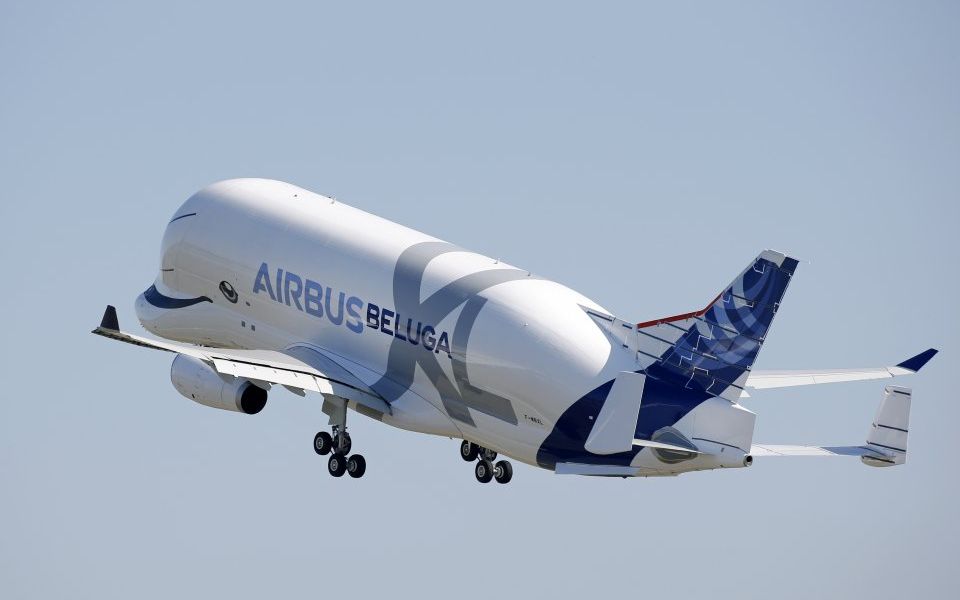Melrose swings to a loss but finds ‘no black holes’ in GKN after £8bn hostile takeover

Melrose recorded a half year loss of £303m following its acquisition of GKN but insisted “no black holes” had been found in the engineering giant it bought for £8.1bn in April.
The turnaround company reported a statutory loss of £303m for the six months ending 30 June – compared with a pre-tax profit of £48m in the same period last year.
Melrose said it had found “no black holes” in GKN since acquiring the aerospace and automotive business in April, and that it was meeting the board's expectations.
Read more: Melrose hires bankers to sell GKN unit
It said all GKN businesses were being managed successfully on a standalone basis, freed from head office bureaucracy, with medium and long-term improvement plans in place.
Chairman Christopher Miller said: “Plans have been agreed and are now being implemented to realise the full potential of GKN's world leading, but currently underdeveloped, businesses."
Those plans include a new global technology centre for aerospace in the UK, improving GKN's automotive factories in Europe and an engine repair facility in Asia.
It also confirmed plans to explore strategic options for GKN's powder metallurgy business.
GKN makes components for Boeing and Airbus and its Driveline business is used by the likes of Ford and Jaguar Land Rover.
The hostile takeover was completed in April after GKN shareholders narrowly voted in favour of Melrose's £8bn bid.
Russ Mould, investment director at AJ Bell, said the results would go some way to allaying fears the company had “bitten off more than it could chew”.
Read more: Melrose subsidiary sale on hold after CEO falls ill
He said: “It is still early days though, and the company did not respond to speculation it was looking to sell parts of GKN amid a wider break-up of the group.
“If Melrose can pull off a successful restructuring of GKN it would be the ultimate endorsement of a 'buy, improve, sell' model, which has taken it from a £13m cash shell on AIM in October 2003 to a £11bn FTSE 100 constituent.”
Shares in Melrose jumped more than five per cent in early trading to £2.34.